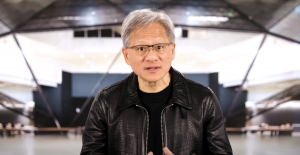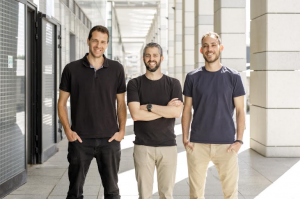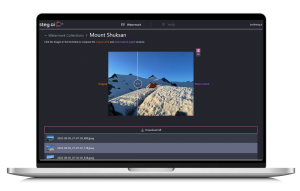Facebook in Hot Water Over Teens Usage of the “Like” Button as Advertising
![]() A recent lawsuit out of California names Facebook a defendant in a class action lawsuit alleging that their advertising model misappropriates the likeness and names of teens who use the system.
A recent lawsuit out of California names Facebook a defendant in a class action lawsuit alleging that their advertising model misappropriates the likeness and names of teens who use the system.
The lawsuit hinges on the fact that advertisements, while shown to everyone, can also be “Liked.” A function of Facebook where if a user appreciates something and wants their friends to be aware of their appreciation they click a button marked “Like” near the item. In almost every case, clicking “Like” republishes that element in a message on the walls of networked friends—and, in the case of advertisements, the person who clicked “Like” becomes a vehicle for the exposure of that advertisement.
PR Newswire fills us in on the core of the lawsuit’s argument from a press release,
“When a teenager sees that their Facebook friends ‘Like’ an ad, it piques their curiosity, making them more likely to click the ad or visit the page,” says Los Angeles plaintiff attorney John Torjesen of John C. Torjesen & Associates. “We believe it is a clear case of exploitation of children for the sake of profits.”
“The consent of the minor for this commercial use of his or her name and likeness is not obtained by Facebook,” says plaintiff attorney and co-counsel Antony Stuart of Stuart Law Firm. “Under California law, the minor’s consent cannot be obtained without the consent of the parent or guardian. Facebook makes no effort to obtain parental consent.”
![]() The California law seems to be aimed more at having a person’s picture taken by an advertiser and then posted without parents permission—not a minor distributing their own likeness, with their own words, through a social network on their own whim.
The California law seems to be aimed more at having a person’s picture taken by an advertiser and then posted without parents permission—not a minor distributing their own likeness, with their own words, through a social network on their own whim.
This seems a little bit of cyberculture shock to me, as the social upvote of clicking “Like” on an advertisement doesn’t seem all that removed from wearing a visibly branded piece of clothing or carrying around a laptop with a prominent brand. In its basic state, clicking “Like” is basically exactly like a person saying to a group of people, “Hey, I like this product, it’s interesting to me.” The advertisement’s distribution is inherent in the speech of the individual speaking and even teens have the right to speak about advertised products. The average teen is neither tricked nor unaware that clicking the “Like” button will tell all their friends about it; in fact, that’s the draw.
Still, this is a danger of the collision between participatory culture and marketing. If these sorts of lawsuits take a foothold, there will emerge more legal issues around social endorsements; bloggers, social network users (and the networks themselves) will eventually have to become more responsible for their brand-related actions and brands will have to consider different incentives and advertising methods as a result. However, it may also strike a dangerous blow against personal responsibility and free speech, even for minors.
The basis in law will probably hinge on the various uses of the tool. The “Like” button is an expression of personal choice, not just a commercial advertisement.
A message from John Furrier, co-founder of SiliconANGLE:
Your vote of support is important to us and it helps us keep the content FREE.
One click below supports our mission to provide free, deep, and relevant content.
Join our community on YouTube
Join the community that includes more than 15,000 #CubeAlumni experts, including Amazon.com CEO Andy Jassy, Dell Technologies founder and CEO Michael Dell, Intel CEO Pat Gelsinger, and many more luminaries and experts.
THANK YOU













